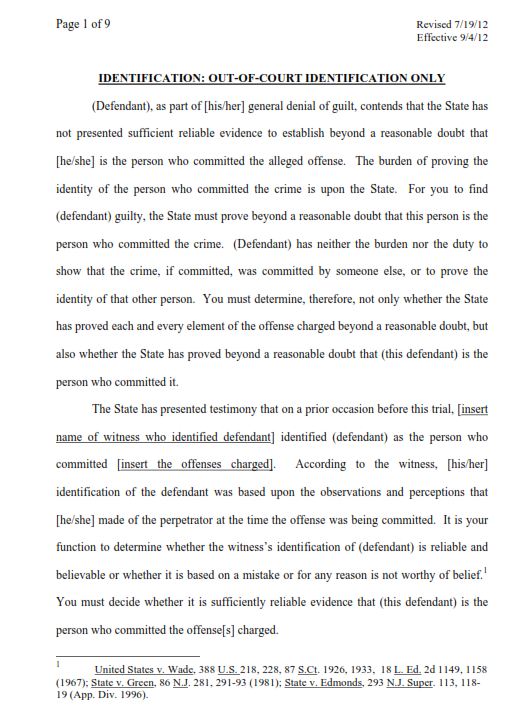Over and over memory researchers (e.g., Elizabeth Loftus) and proponents of reforms of the legal treatment of eyewitness evidence assert that the mind or the brain is not like a tape recorder or a camera -- and newspapers and TV reporters are fond of repeating such pronouncements. These memory researchers and legal reformers mean to debunk, they say (over and over) the popular misconception that the brain is like a tape recorder. I have been puzzled about such anti-memory-as-tape-recorder pronouncements. How many members of the public actually believe that human memory is nearly perfect because the human organism and its brain and its sensory organs etc. work like a perfectly well-oiled and well-calibrated machine? How many serious scholars said anything like that? I have done a bit of Google research. My conclusion: IT IS AN URBAN MYTH THAT MEMBERS OF THE PUBLIC OR SCHOLARS SUCH AS PSYCHOLOGISTS GENERALLY BELIEVE OR EVER GENERALLY BELIEVED THAT THE HUMAN ANIMAL AND ITS PERCEPTIONS AND ITS MEMORY WORK LIKE AN ALMOST PERFECT TAPE RECORDER OR CAMERA. (I may eventually marshal and present some of my evidence here, but, frankly, I'm not sure I need to.) Did Proust subscribe to this memory-as-camera memory-as-perfect-machine myth? Shakespeare? Immanuel Kant? Jung? Hegel? Helmholtz? John Dewey? Are members of the public unaware that they sometimes or often forget where they put their keys or their children, or that they often cannot remember the names of some or many of their high school classmates? Is it really the case that jurors need to be told that the human mind, sense organs, etc. do not operate like (well-maintained and perfectly-calibrated) tape recorders or cameras?
- I suppose that an occasional person believes or believed that the human animal's perceptions are machine-like, always accurate, and permanent even for practical purposes. So what? Some people probably believe that the moon is made of green cheese and that they died yesterday. It doesn't follow that many or most people believe such things.



















































